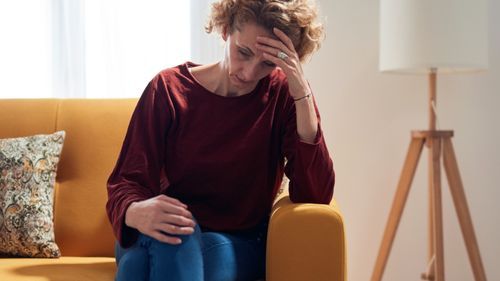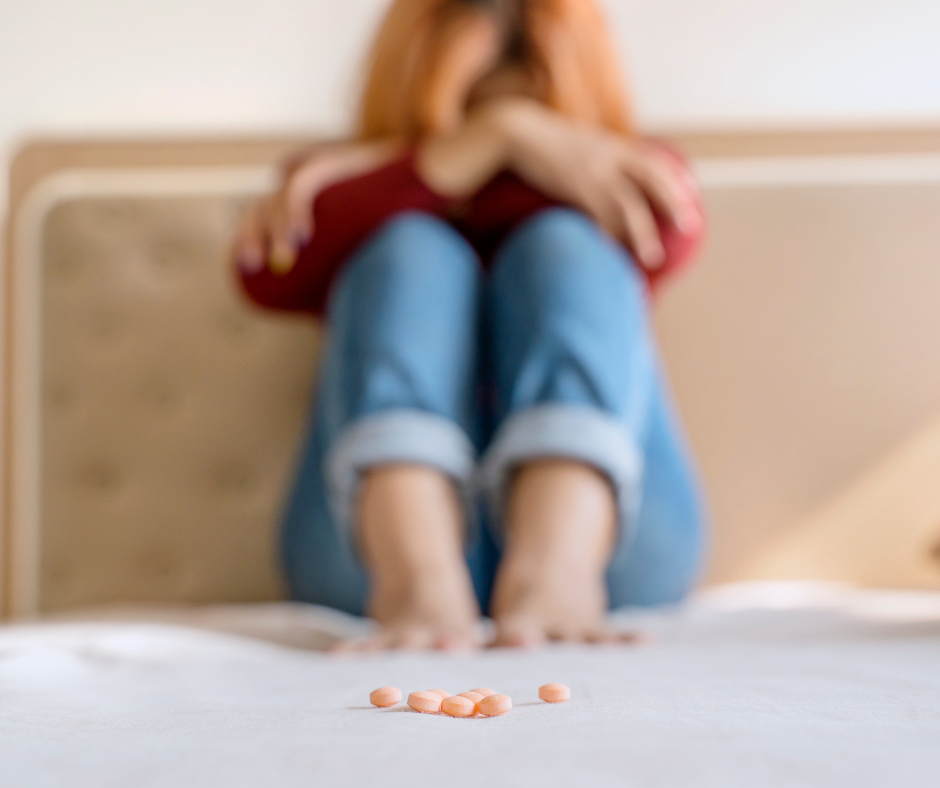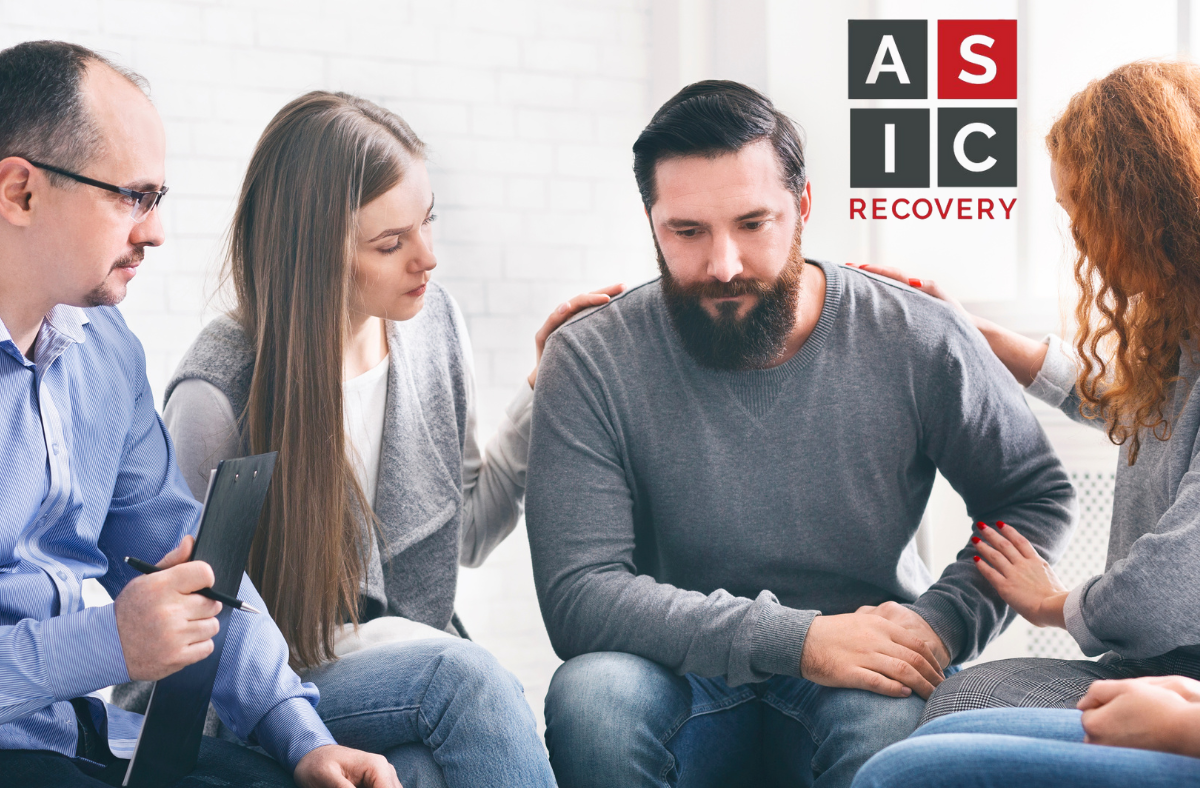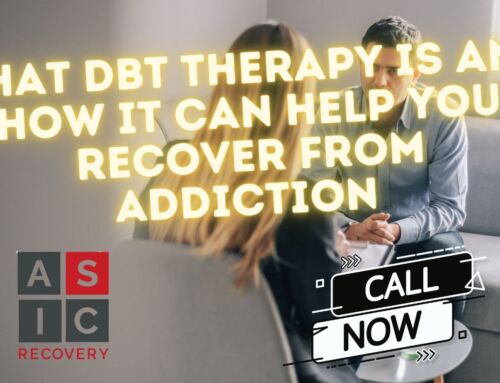It’s estimated that about a 5th of the population in the U.S. has a form of anxiety disorder. For those who do have an anxiety disorder, the chances of them having a substance abuse issue is higher.
A dual diagnosis is when a person has both a mental health disorder and a substance abuse disorder. Today, there are treatment options available that treat both issues at the same time.
In today’s fast-paced world, stress and anxiety are things that almost everyone experiences on a daily basis. Many people experience anxiety occasionally, and when they do, it is often fleeting.
People with an anxiety disorder don’t just get anxious based on some sort of situation. In addition to anxiety around a specific situation, a person with an anxiety disorder can experience anxiety that is not connected to any situation.
Anxiety disorders often cause people to react out of proportion compared to those without an anxiety disorder. A person can have an anxiety disorder that affects them so much that they find it extremely difficult to function on a daily basis.
There is a definite link between anxiety and substance abuse. If you want to know more about this, keep reading.

Dual Diagnosis
It’s common for a person with an anxiety disorder to have a dual diagnosis which means in addition to their anxiety disorder, they have a substance abuse disorder. It can be difficult to tell which one came first: the substance abuse disorder or the anxiety disorder.
Nevertheless, many people with an anxiety disorder attempt to self-medicate with alcohol and drugs in order to manage their uncomfortable symptoms.
Self-medicating with drugs and alcohol seems to work great at first. They can numb emotional pain and also cause the nervous system to slow down. They also release “feel good” chemicals in the brain.
However, at some point, drugs and alcohol will cause more problems than they solve. Once a person becomes addicted to substances, their anxiety can actually get worse. Their days may become filled with trying to find ways and means to keep getting high or drunk.
Being addicted to substances can also lead to the constant fear of withdrawal; the addictive substance becomes necessary to have at all costs.
Shared Risk Factors
Substance abuse disorders and anxiety disorders are two different disorders. However, they share many of the same risk factors.
Symptoms
There are several different types of anxiety disorders; however, many of them have similar symptoms.
Here are the symptoms of general anxiety disorder (GAD):
Panic disorder is a form of anxiety disorder. Panic disorder symptoms include:
Symptoms of social anxiety include:

Drug and alcohol addiction has many symptoms as well. You may have a substance abuse disorder if you have had 2 or more of these symptoms in the past 12 months:
Anxiety During and After Drug Use
It’s common to experience anxiety and/or panic attacks while you’re using drugs and after you use them.
You can actually develop a substance-induced anxiety disorder diagnosis if you have anxiety that develops during or after abusing substances and it impairs your ability to function in daily life.
Substances that can lead to substance-abuse anxiety disorder include:
Many substances can cause anxiety when you stop taking them suddenly and start to go through withdrawal. Some of these substances are:
There are common symptoms associated with drug-induced anxiety that happens during withdrawal. These common symptoms include:
Stimulants in particular can cause someone to experience a high level of anxiety. This is because stimulants give you a rush of dopamine and speed up your central nervous system.
What’s extremely dangerous is that many people will try to “level out” after taking stimulants by taking a drug that suppresses the central nervous system.
For instance, a person might smoke crystal meth and try to get a more balanced high by shooting heroin afterward. This can be very hard on the body and cause a heart attack or overdose.
Treatment For Dual Diagnosis
It’s important for anyone who has a dual diagnosis to have both the mental illness and the substance abuse disorder treated at the same time.
If you have a dual diagnosis (that includes an anxiety disorder), go to drug rehab, and don’t receive any treatment for the anxiety disorder while there, the outcome could be disastrous.
It’s very likely you will relapse on substances if you don’t have a treatment plan in place for your mental health (anxiety disorder) when you leave treatment. A drug relapse could end up in a fatal overdose.
People who abuse substances as a way to treat their anxiety disorder symptoms need to have another way to manage their symptoms once they get sober. If not, their anxiety might get so bad that they end up committing suicide.
In addition to traditional therapy, medication can also be used to treat both conditions simultaneously.
Different Therapies
There are a variety of therapies used for treating addiction and anxiety simultaneously.
CBT helps people think differently. It can help a person change how they think about drugs. CBT focuses on identifying triggers and learning how to cope with them.
CBT also teaches many different skills to help cope with anxiety and help when a panic attack occurs.
This is actually a form of CBT. Exposure therapy works by gradually introducing a person to an object or situation that triggers high anxiety within them.
At different stages of exposure therapies, the person is taught how to manage their anxiety.
This can help enhance a person’s willingness to change. Many people who struggle with substance abuse have difficulty getting motivated about changing their lifestyles.
Motivational interviewing acknowledges this ambivalence and helps people get through it in order to be more proactive about their problems.
This type of therapy was initially intended for those with borderline personality disorder.
However, it has proven to be very effective in treating other conditions such as anxiety disorders and substance abuse issues. It makes use of concepts such as mindfulness as a way to maneuver through daily life.
It can help a person step back from the drama of their own life and reside in a mode of observation. Identifying as an “observer of their life” can help a person make more rational decisions, among other things.
Recovery
Depending on the severity of a person’s diagnosis, the first level of treatment that may be needed is inpatient treatment. Inpatient treatment programs usually last from 30 to 90 days. Patients are under 24/7 supervision and provided with medical and social support.
The first phase of treatment for a person with a dual diagnosis is detox. Patients can safely detox off the substances they are addicted to so that they can then participate better in recovery programming for the rest of their stay.
The next phase of treatment is either a partial hospitalization program (PHP) or an intensive outpatient program (IOP).
With either of these, patients go home after their programming classes. The main difference between these 2 is that a PHP typically meets 5 days a week whereas an IOP usually meets 3 days a week.
A PHP may be the best step after inpatient treatment for a person with a dual diagnosis because a PHP will usually have a doctor on call who can make changes to medications if needed.
Having a dual diagnosis requires lifelong treatment. However, when fully engaged in treatment, a person with a dual diagnosis can live a happy and meaningful life.

IOP at ASIC Recovery
Looking for substance abuse treatment in Texas? At ASIC Recovery, our Intensive Outpatient Program (IOP) is dedicated to helping individuals develop healthier coping skills and build a supportive recovery network.




